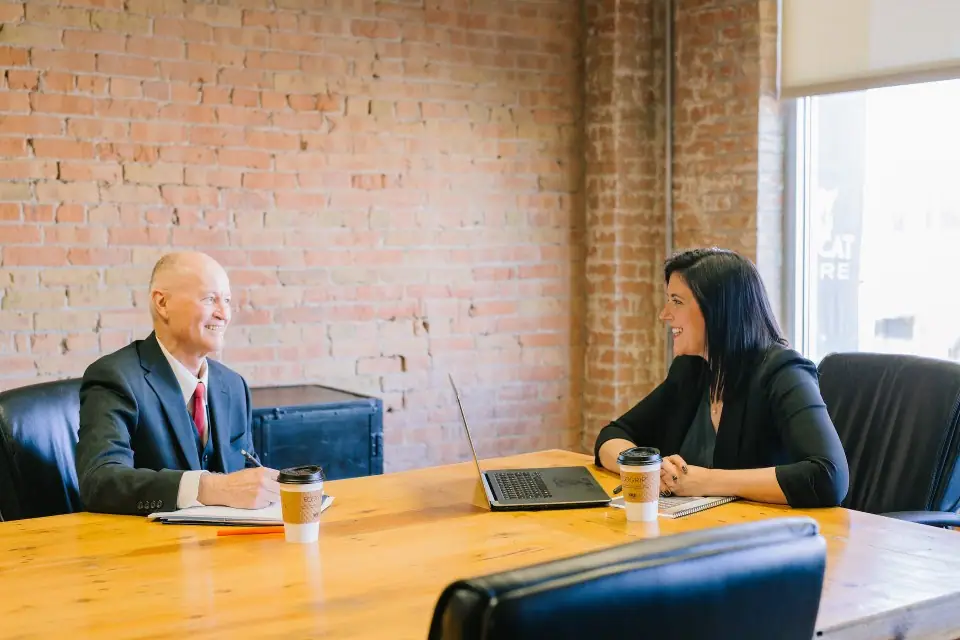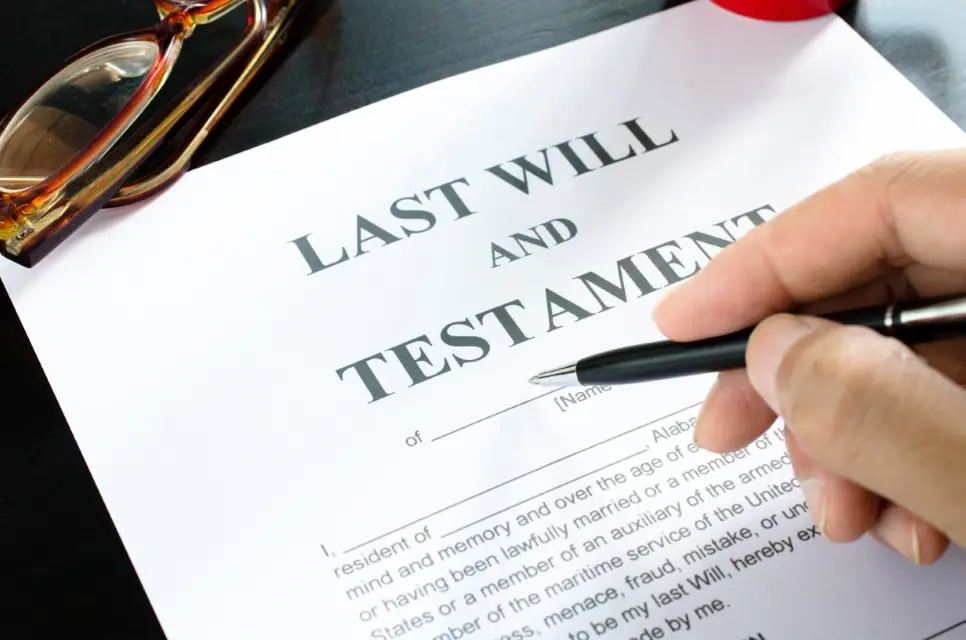Estate planning is a crucial aspect of managing your assets, ensuring the financial well-being of your loved ones, and determining the legacy you leave behind. Many individuals contemplate whether they can undertake estate planning on their own, without the assistance of a legal expert. This article delves into the possibilities and considerations of DIY estate planning, its advantages and pitfalls, and why consulting an attorney might be the best course of action.
Understanding Estate Planning
Estate planning involves organizing your assets, specifying how they should be managed during your lifetime and distributed upon your passing, and establishing mechanisms to minimize taxes and other expenses. It encompasses various legal instruments, including wills, trusts, powers of attorney, and advance healthcare directives.
Proper estate planning allows you to:
- Distribute Assets According to Your WishesEstate planning ensures your assets are distributed precisely as you desire. Without it, state laws may dictate how your estate is divided among your heirs.
- Minimize TaxationA well-structured estate plan can help minimize estate taxes, ensuring that more of your assets go to your beneficiaries.
- Provide for IncapacityEstate planning allows you to appoint someone to make medical and financial decisions on your behalf in case you become incapacitated.
- Protect AssetsIt helps protect your assets from creditors and legal claims.
Given the complexity of these tasks, it is essential to understand the benefits and limitations of DIY estate planning.
The Pros and Cons of DIY Estate Planning
Pros of DIY Estate Planning
- Cost SavingsDIY estate planning is typically more affordable than hiring an attorney, making it an attractive option for those on a tight budget.
- ConvenienceYou have the flexibility to work on your estate plan at your own pace and convenience.
- PrivacyDIY estate planning allows you to maintain a level of privacy that might not be possible with an attorney.
Cons of DIY Estate Planning
- ComplexityEstate planning can be highly intricate, and a simple mistake can lead to unintended consequences. It’s challenging to navigate the nuances of estate tax laws, state-specific requirements, and the myriad legal documents involved.
- Lack of Legal ExpertiseDIY estate planners lack the legal knowledge and experience of attorneys, which can result in an ineffective or incomplete plan.
- Inadequate CustomizationGeneric templates may not address your unique needs and wishes adequately.
- Risk of DisputesPoorly drafted documents can lead to disputes among beneficiaries, potentially damaging family relationships.
- Changing LawsEstate and tax laws can change, and keeping up with these updates without professional guidance can be challenging.
Can I create my will using an online template?
Yes, you can create a basic will using an online template. However, for more complex matters or ensuring your will adheres to your state’s legal requirements, consulting an attorney is advisable.
Can I update my estate plan without legal assistance?
You can make changes to your estate plan on your own. Still, it’s recommended to have an attorney review these changes to ensure they comply with current laws and regulations.
Is it possible to create a trust without a lawyer?
Yes, you can create a trust independently using online resources. However, trusts can be highly complex, so legal advice may be beneficial to ensure it aligns with your intentions.
Are there DIY options for minimizing estate taxes?
While there are strategies and tools available to reduce estate taxes, their effectiveness varies depending on your specific circumstances. Consulting with an attorney or tax professional is usually the best way to optimize your tax planning.
Conclusion
Estate planning is a critical undertaking that can profoundly affect your assets and your family’s future. While DIY estate planning can offer some cost savings and convenience, it comes with inherent risks due to its complexity and the potential for errors. Engaging an experienced attorney can provide peace of mind, as they possess the legal expertise to create a comprehensive, customized estate plan that aligns with your goals and ensures compliance with current laws.
In summary, when it comes to estate planning, seeking professional guidance is often the wisest course of action to safeguard your legacy and your loved ones’ financial security. The nuances and intricacies of estate planning are best handled by those who understand the complexities of the legal landscape, ensuring your wishes are carried out as you intend.







